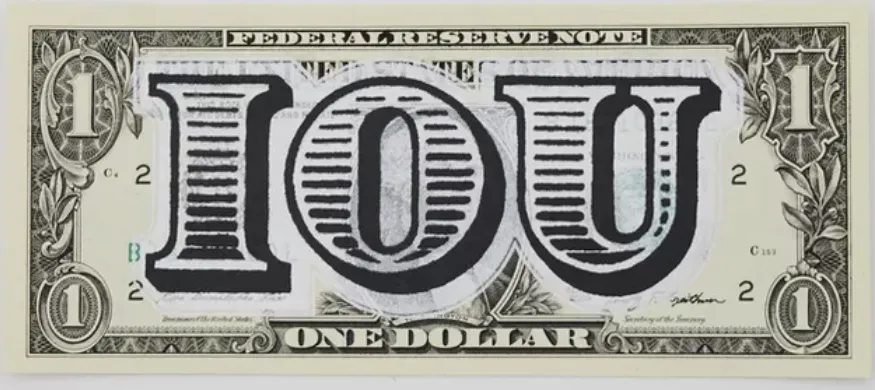IOU
Simple Definition
An IOU, or “I owe you,” is a written or verbal record showing that one party owes something—typically money—to another.

What Is an IOU?
An IOU is a document or agreement that acknowledges one party owes a debt to another. While IOUs are commonly linked with money, they can also apply to goods, property, or other valuable assets. IOUs are important in both personal and business contexts because they represent an informal promise to repay. However, they are not usually considered legally enforceable contracts.
Even though they can be written down, IOUs can also be verbal, detailing what is owed, who owes it, and when it should be repaid. The formality of the IOU depends on the parties involved—some contain detailed information such as names and addresses, while others may only list the amount of debt. Overall, the IOU acts as a reminder or record, not a binding agreement.
IOUs and Blockchain Technology
With the growing use of digital assets, blockchain-based IOUs have become a modern way to track debts. These crypto IOUs work similarly to traditional ones but are tokenized. A digital IOU token represents a debt, allowing users to track and manage obligations across blockchain networks.
For example, if you lend someone Bitcoin, they can issue an IOU token stored in your wallet. When you return the token, it signals that repayment is expected. This creates a simple and flexible method of tracking borrowed digital funds.

Creating IOUs on Blockchain
Thanks to smart contracts and token standards like ERC-20 and BEP-20, it’s now easy to create digital IOUs. These tokens don’t carry legal force but provide a convenient way to manage informal debts in crypto. Like paper IOUs, they help document loans or asset exchanges between parties with a transparent and secure digital trail.